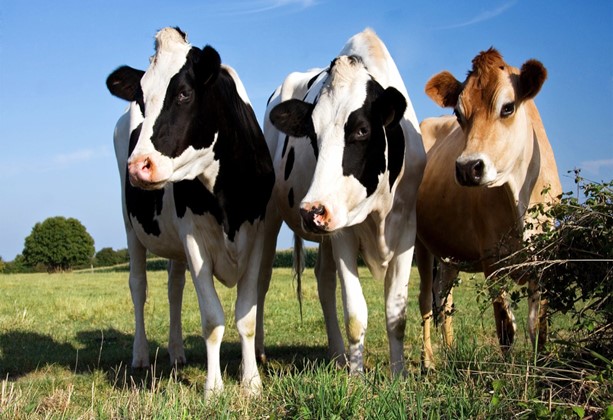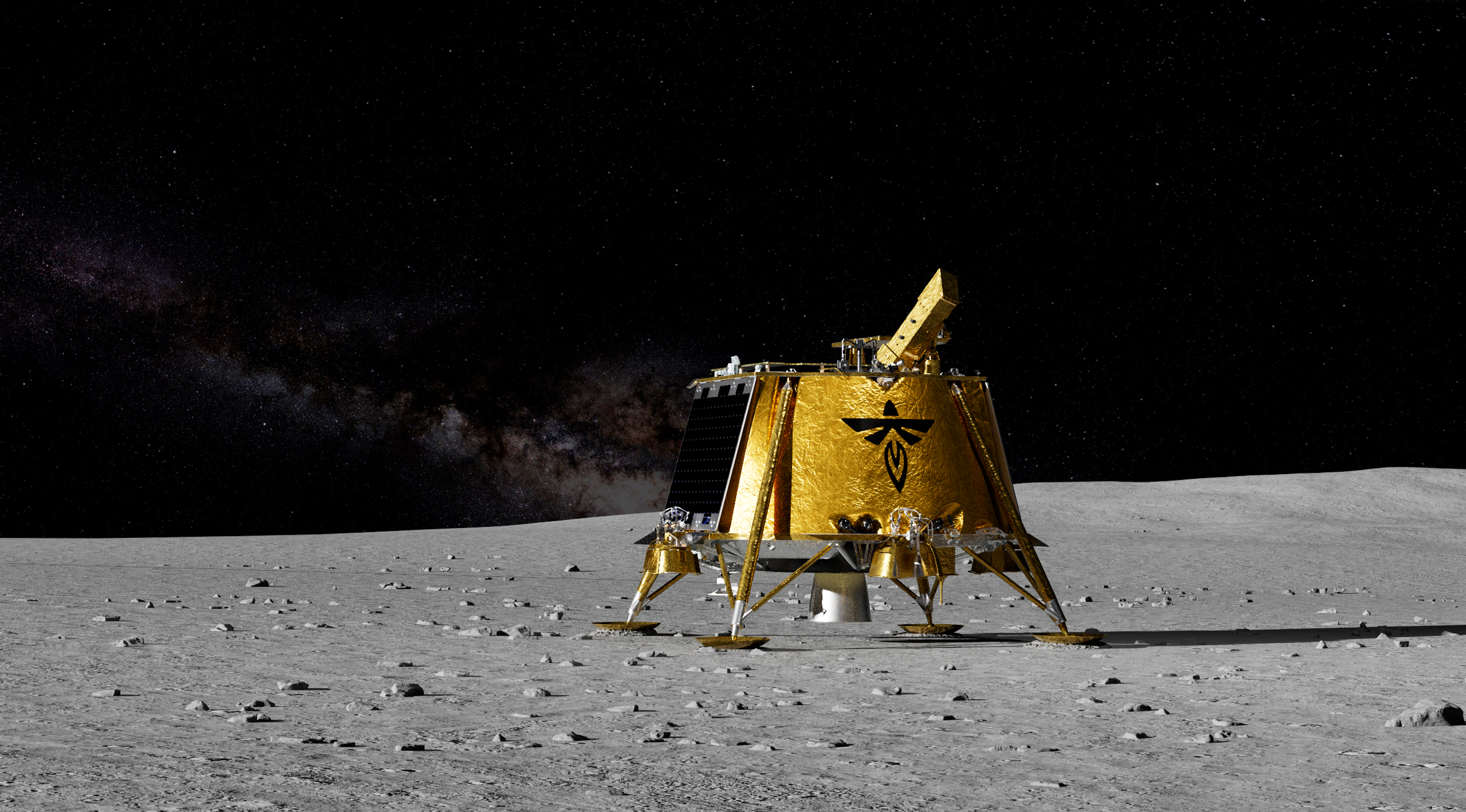- Courses
- GS Full Course 1 Year
- GS Full Course 2 Year
- GS Full Course 3 Year
- GS Full Course Till Selection
- CSAT
- 5 LAYERED ARJUNA Mentorship
- Public Administration Optional
- Online Program
- GS Recorded Course
- NCERT Batch
- Polity Module Course
- Geography Module Course
- Economy Module Course
- AMAC Module Course
- Modern India, Post Independence & World History Module Course
- Environment Module Course
- Governance Module Course
- Science & Tech. Module Course
- International Relations and Internal Security Module Course
- Disaster Management Module Course
- Ethics Module Course
- Essay Module Course
- Current Affairs Module Course
- ABOUT US
- OUR TOPPERS
- TEST SERIES
- FREE STUDY MATERIAL
- VIDEOS
- CONTACT US
Government withdraws Draft Livestock Bill
Government withdraws Draft Livestock Bill
22-06-2023

Latest Context:
Recently, the central government has withdrawn ‘the Livestock Products Bill, 2023’ due to the objections raised by many animal activists.
- At present, the Live-stock importation Act of 1898 and the Live-stock Importation (Amendment) Act of 2001 regulates the livestock in India.
What is the criticism faced by the proposed draft Bill?
-
- Many animal rights organisations have said that allowing the live export of animals from India is an open pass for the abuse of animals.
- As per the United Nations data, almost 2 billion of the 80 billion land animals raised for food around the world are exported alive to different countries.
About the Livestock Importation Act of 1898
- The Livestock Importation Act of 1898, also known as the ‘Cattle Importation Act’, was enacted during the British colonial rule in India.
- Its primary purpose was to regulate the importation of foreign livestock particularly the cattle, into the country. The act aimed to prevent the introduction and spread of diseases among Indian livestock that could be transmitted by imported animals.
- The act empowers the central Government to regulate, restrict and prohibit the import of any livestock in India which may be liable to be infected.
- The act also empowers the state governments to make rules regarding the imported live-stock within its jurisdiction.
- The Livestock Importation Act of 1898 was a significant step in controlling and monitoring the importation of cattle to protect the health and well-being of indigenous livestock. It aimed to safeguard the agricultural economy and prevent the outbreak and spread of diseases that can harm the local livestock population.
- This act was amended in 2001, which changed the definition of livestock products and also included some provisions of the Customs Act 1962.
So, Why the act was amended?
- The Livestock Importation Act of 1898 was only regulating the importation of live-stock and was not covering exports.
- The act of 1898 lacks power to make arrangements for the promotion and development of exports of live-stock and live-stock products.
- In the 1898 act, the scope of definition of live-stock was very limited and it does not include feline and canines.
- To tackle zoonotic diseases (diseases that spreads from animals to humans) arising out of import and export of livestock.
About the Livestock Bill 2023
-
This bill will replace the Live-stock Importation Act, 1898 and the Live-stock (Amendment) Act, 2001.
- Basically, this bill is different from the existing laws in 3 ways:
a) Allows the export of live animals.
b) It widens the scope of animal import-export (including cats and dogs among ‘live-stock’)
c) Takes away the power of state governments from this area.
-
- The draft of the bill was prepared by the Department of Animal Husbandry and Dairying (DAHD), under the Ministry of Fisheries, Animal Husbandry and Dairying.



